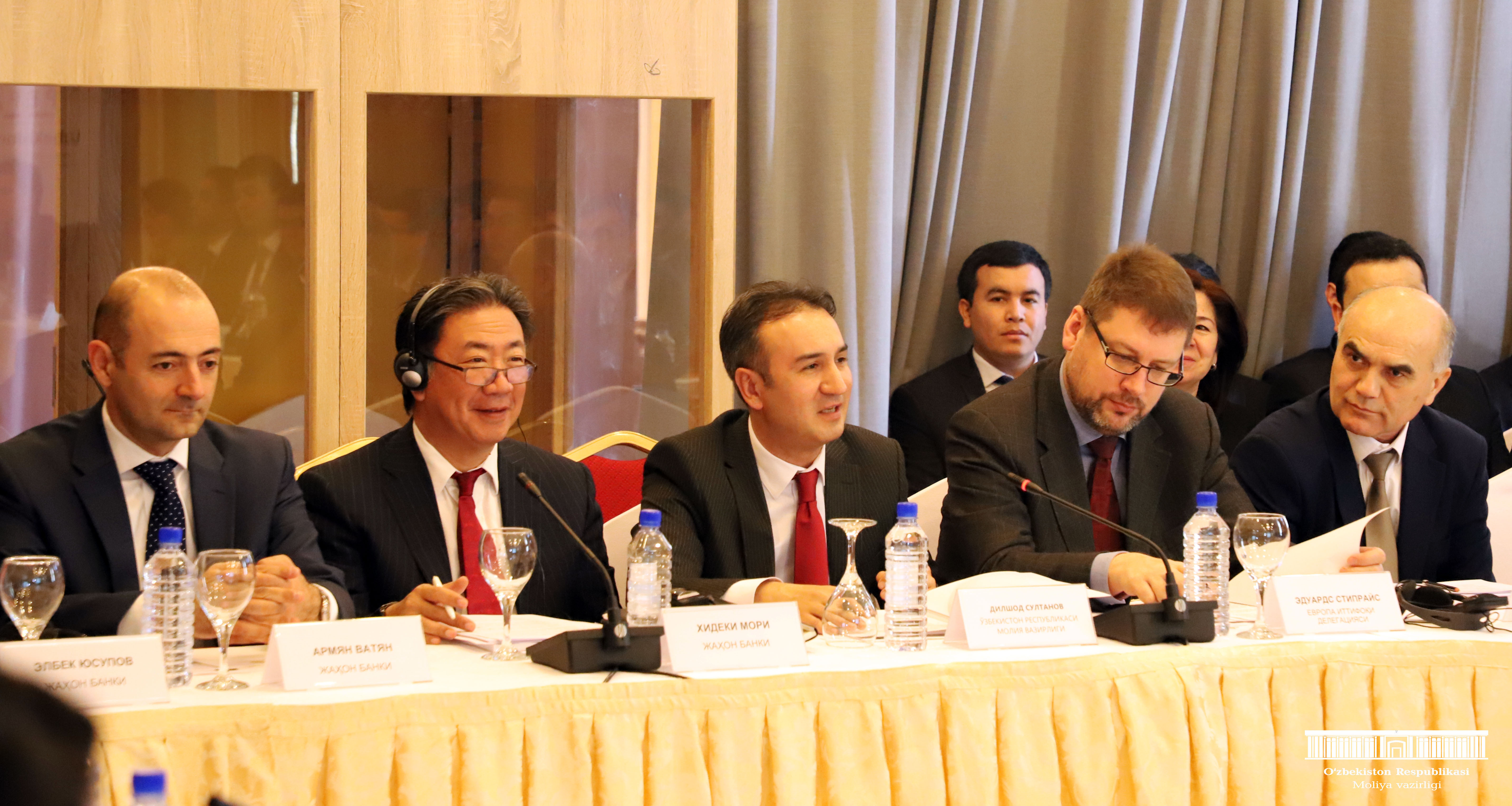
The Government portal of the
Republic of Uzbekistan
World Bank and European Union support Government in reforming Uzbekistan’s public finance management system
2019-03-15 | Economics
The results of Uzbekistan’s National Public Expenditure and Financial Accountability (PEFA) assessment carried out with the support of the World Bank and the European Union were presented today. Its findings will help the Government build a more effective system for managing public finances, increase transparency of the state budget and attractiveness of the country for international donors and foreign lenders.
The PEFA is a methodology for assessing the status of a country's public finance management (PFM) systems. A PEFA assessment provides a thorough, consistent and evidence-based analysis of PFM performance, including strengths and weaknesses of the central government’s institutions and legal frameworks regulating PFM systems and processes. The methodology is drawn from international standards and good practices identified by experienced practitioners. To date, over 600 assessments have been done in 150 countries.

The Government of Uzbekistan conducted the first PEFA assessment in 2012. Since then a number of reforms had been carried out in the country to develop the PFM system. Hence, there was a need to assess progress made and identify existing challenges for the PFM development in Uzbekistan. The Government requested the World Bank and the European Union to carry out the second PEFA assessment that was held in September 2018 - January 2019.
The PEFA assessment reviews seven pillars of a performance of the PFM system that includes the following: 1) budget reliability; 2) transparency of public finances; 3) management of assets and liabilities; 4) policy-based fiscal strategy and budgeting; 5) predictability and control in budget execution; 6) accounting and reporting; and 7) external scrutiny and audit. These pillars are measured using 31 indicators that contain 94 dimensions.
The major findings of the assessment show that Uzbekistan has a reliable budget that is well executed. However, there is a need to improve on the management of assets and liabilities, strengthen medium-term budgeting and developing a strong fiscal strategy, as well as continue making public finances more transparent. In addition, there is a need for compliance with international standards in accounting and auditing.
The current PEFA assessment has formed a good basis for determining areas for reforms and they will be utilized to update Uzbekistan’s PFM Strategy for 2018-2025.
Ambassador Eduards Stiprais, the Head of the European Union Delegation in Uzbekistan, and Mr. Hideki Mori, the World Bank Country Manager for Uzbekistan, welcomed the PEFA assessment results. A good PFM system will ensure that the country’s resources are utilized as planned to provide services to its citizens, while its assets and debt are also well managed and there is better quality of financial information to make good decisions, including decisions of international donors and foreign lenders on development aid and affordable lending for Uzbekistan, Ambassador Stiprais and Mr. Mori noted.
The European Union and the World Bank officials reiterated that their institutions will continue supporting reforms in the PFM sector of Uzbekistan through providing financial and technical assistance to the Government.









